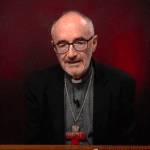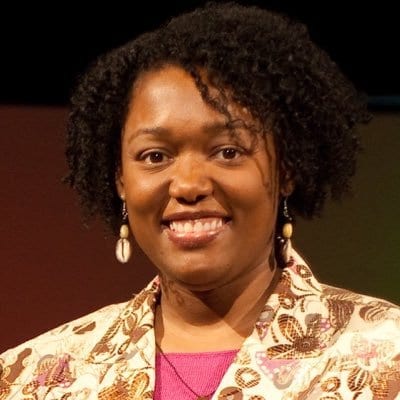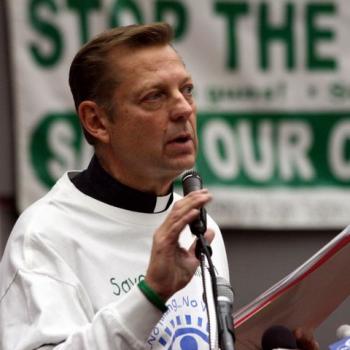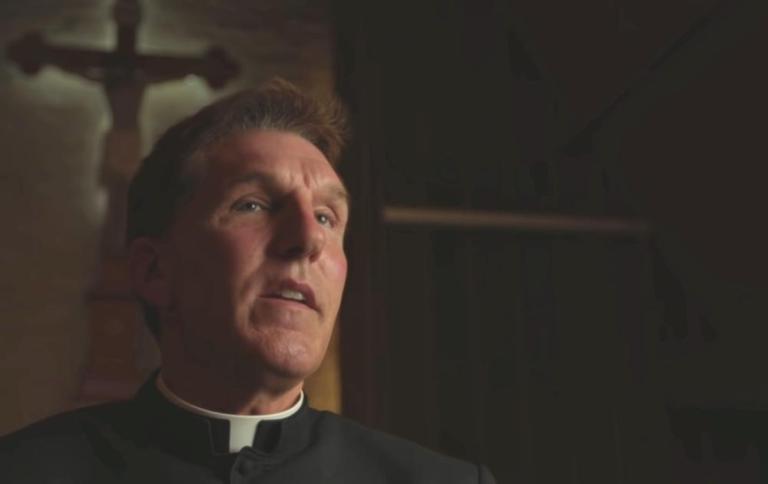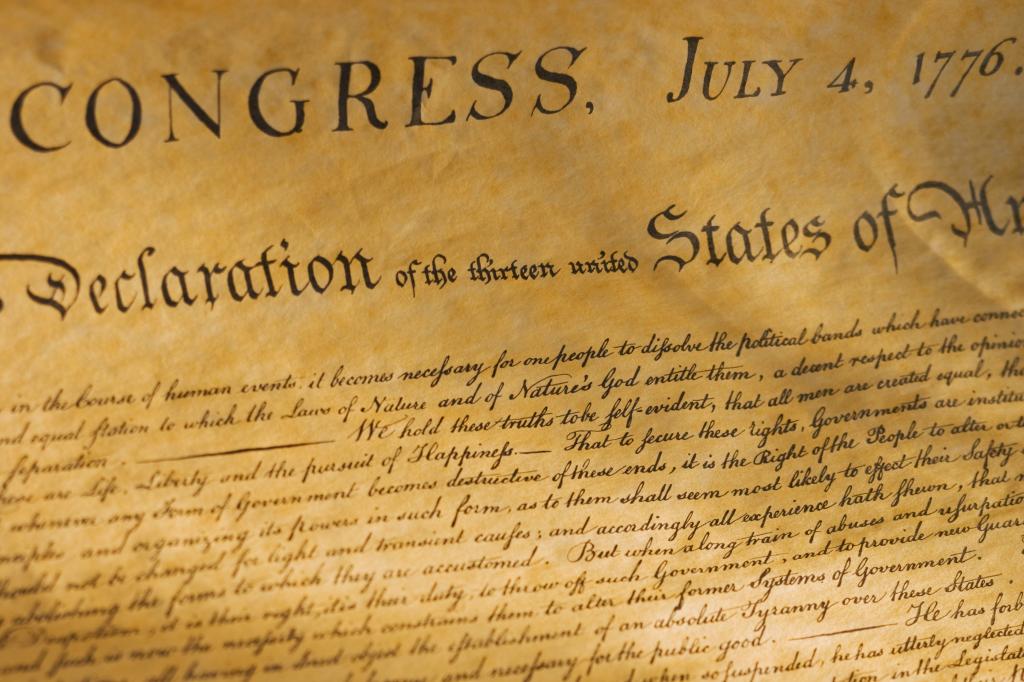 Paul Elie, a senior fellow at Georgetown University’s Berkley Center for Religion, Peace, and World Affairs, is out with a provocative essay this week in The New Yorker encapsulating the consolidation of power among politically-conservative Catholic elites in the United States.
Paul Elie, a senior fellow at Georgetown University’s Berkley Center for Religion, Peace, and World Affairs, is out with a provocative essay this week in The New Yorker encapsulating the consolidation of power among politically-conservative Catholic elites in the United States.
A paragraph that captures the essence of Elie’s piece:
Their long project attempts to establish a synthesis between the hierarchical order of Catholic truths and what they call the “American experiment in ordered liberty.” In supporting [President Donald] Trump and [U.S. Attorney Gen. William] Barr, they also are squarely in the tradition of arch-conservative Catholicism as a force of resistance to democratic governance — one that runs from pre-Revolutionary France to Franco’s Spain and nineteen-sixties Latin America. They share a contempt for liberalism and a corresponding belief in public order as the basis for civil society.
Elie, the author of “The Life You Save May be Your Own,” further analyzes the growing divide between American conservative Catholics like Attorney General Barr, who has brought back federal executions on his watch, and Catholic Social Teaching and the magisterium of Pope Francis, who had the Catechism of the Catholic revised a couple of years ago to say capital punishment is unacceptable. Elie argues that this trend, and other political developments in recent years, portend a troubling end game:
In March, 2016, three dozen prominent Catholic conservatives called Trump “manifestly unfit” to be President. But the movement’s subsequent embrace of him shows that Catholic conservatives’ lofty political philosophy is prone, in practice, to sponsor a kind of autocracy in which the autocrat at the head of the government is blessed by the autocracy that is the Church. In effect, Barr and his cohort are inviting the kind of government that the Founders drafted a Declaration of Independence and fought a war to reject.
This view of the Catholic Right seems to be catching on among other observers. Elizabeth Bruenig, a Catholic opinion columnist for the New York Times who often writes on religion, wrote recently that the “Catholic right is no longer recognizably Catholic. Its politics are more or less identical to those of the other members of the right-wing Christian coalition.”
Ian Buruma, writing in Project Syndicate this week, proposes that “a common cause between reactionary Catholics and Protestant enemies of the secular state goes back more than two centuries.” He further adds:
Ever since the French Revolution toppled the authority of the Catholic Church, along with that of the absolute monarchy, Catholic reactionaries, including such anti-Enlightenment philosophers as Joseph de Maistre (1753-1821), have yearned to restore the Church’s central position in political life. Likewise, Protestant opponents of Thomas Jefferson branded him an “infidel” and “anti-Christian” for limiting religious faith to the private sphere.
However, Buruma writes that Catholicism itself is not so much the problem, noting that political opinions among Catholics in the United States runs a wide gamut. He adds:
“The problem is that people in the highest positions of authority are pushing at the barriers between church and state, erected so carefully by America’s founders to ensure that the people, not God, would govern.”
With all that said, Elie closes out his piece in The New Yorker by suggesting that former Vice President Joseph Biden, the Democratic nominee for president who is himself Catholic, “could make the campaign’s final weeks a fight against the creeping autocracy that Trump, Barr, and their conservative Catholic cohorts represent.”‘ As noted by NPR, Catholics are seen as an important swing constituency, especially in battleground states like Pennsylvania.
Read more of Elie’s piece here.

